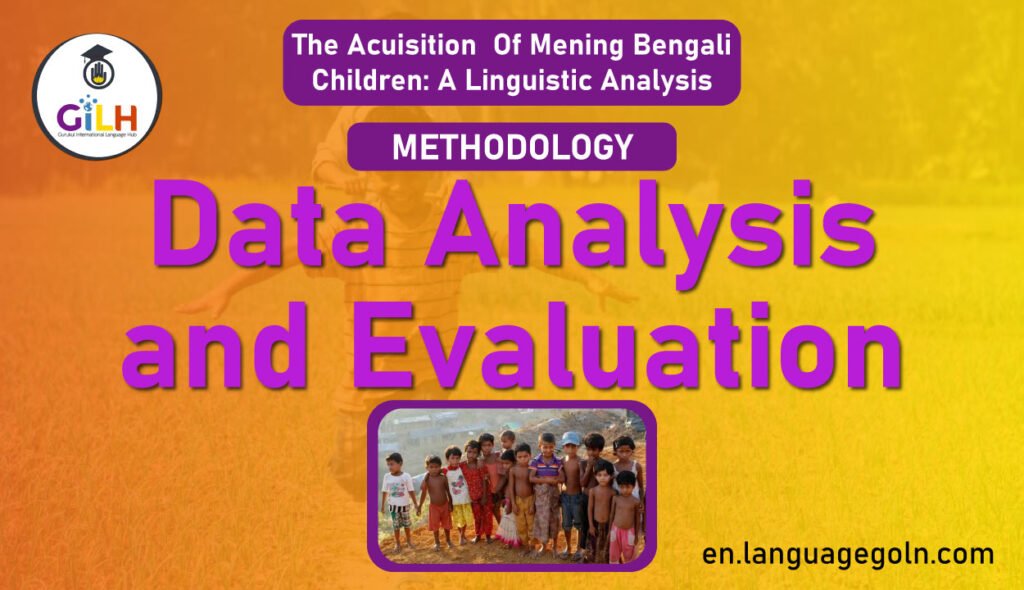Today our topic of discussion is – Data analysis and evaluation
Data analysis and evaluation
To analyze the data I have used the constructivist method of grounded theory (Charmaz, 2008; Strauss & Corbin et al., 1998) that helped me to generate the discursive
themes. This theory provided the tools to interpret the data taking into consideration the exploratory type of the research and its objective. According to Charmaz, grounded theory is “a systematic approach to social justice inquiry that fosters integrating subjective experiences with social conditions in our analysis” (Charmaz, 2008, p. 510).
In my study, I used manual data analysis through initial open coding and an inductive identifying, classifying, and sorting of the data and themes. Note-taking was performed simultaneously with the first reading of the data, leading to a preliminary set of broad themes and codes.
When I was going through the data line by line, I engaged myself in unrestricted coding of my transcripts and journal entries. This process was necessary to generate categories that might develop into themes (Strauss & Corbin, 1998). During the readings constant comparisons were made to highlight commonalities and divergences.
These provisional codes were then reviewed and grouped into categories and sub- categories. This axial coding step involved relating and integrating the words and concepts in to meaningful clusters which assembled the data into organized categories.
Coding continued until the categories became superfluous. The organized, analyzed and summarized data then became the findings and contribution of this study. These findings clustered around two main themes (1) Imitation and surrounding learning (2) direct teaching.
Qualitative Data Analysis (QDA) is usually based on an interpretive philosophy. Its main idea is to examine the meaningful and symbolic content of qualitative data. For example, if the researcher is trying to analyze interviews about child meaning development, he/she might want to identify (any or all of them)-
(a) The interpretation of the world by children
(b) Why do they have that point of view?
(c) How did they come to this view?
(d) What are they doing to convey their view of their situation etc.
At the end of data analysis researcher can also seek to develop a theory. A theory in general means an explanation of something or understandings developed by the researcher (Creswell, 2013). Implicit meanings about categories may also piece together and make the data analysis less structured. After the data analysis, intersection of the categories becomes the theory and this theory can be presented as a discussion (Strauss & Corbin, 1998).
Different types of research require different assessment criteria and methods.
According to Strauss and Corbin (1990) there are many criteria for evaluating a grounded
theory, such as-
(a) Judging the validity, reliability or credibility of the data,
(b) Judging the plausibility and value of theories,
(c) Adequacy of the research process that has generated or tested the theory,
(d) Empirical assessment of the findings of the research.
A grounded theory publication provides information on the data assessment criteria, the research process and empirical grounding. During the actual analytical sessions, readers are not present and the dissertation does not necessarily help them to imagine these sessions or their sequences, but some criteria to help them to judge the research process on the basis
of some good reasons (Strauss & Corbin, 1990). Like-
(a) Process and grounds of selecting samples,
(b) What are the major emergent categories,
(c) What were some of the events, actions, incidents that indicated some of
these major theories?
d) How has some of the data collected been guided by theoretical formulation? And how representative do these categories prove to be?
(e) Hypotheses that pertained to the relation among categories and on what grounds were they tested and formulated,
(f) Discrepancies between the assumptions and the facts actually seen. Have they
affected the hypotheses?
(g) How and why have the core categories been selected? Was that easy or difficult,
sudden or gradual?
(h) On what grounds has the final decision been taken?
Although some of the criteria are still unorthodox, these principles are important for evaluating grounded theory studies. A qualitative researcher may guide the readers the complex coding process of a grounded theory simply by providing the relevant information.
Detailed report supplemented with appropriate cues can thoroughly track indicators and reliable and imaginative theoretical sampling too.
See more

